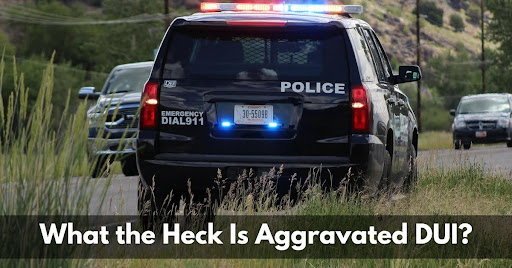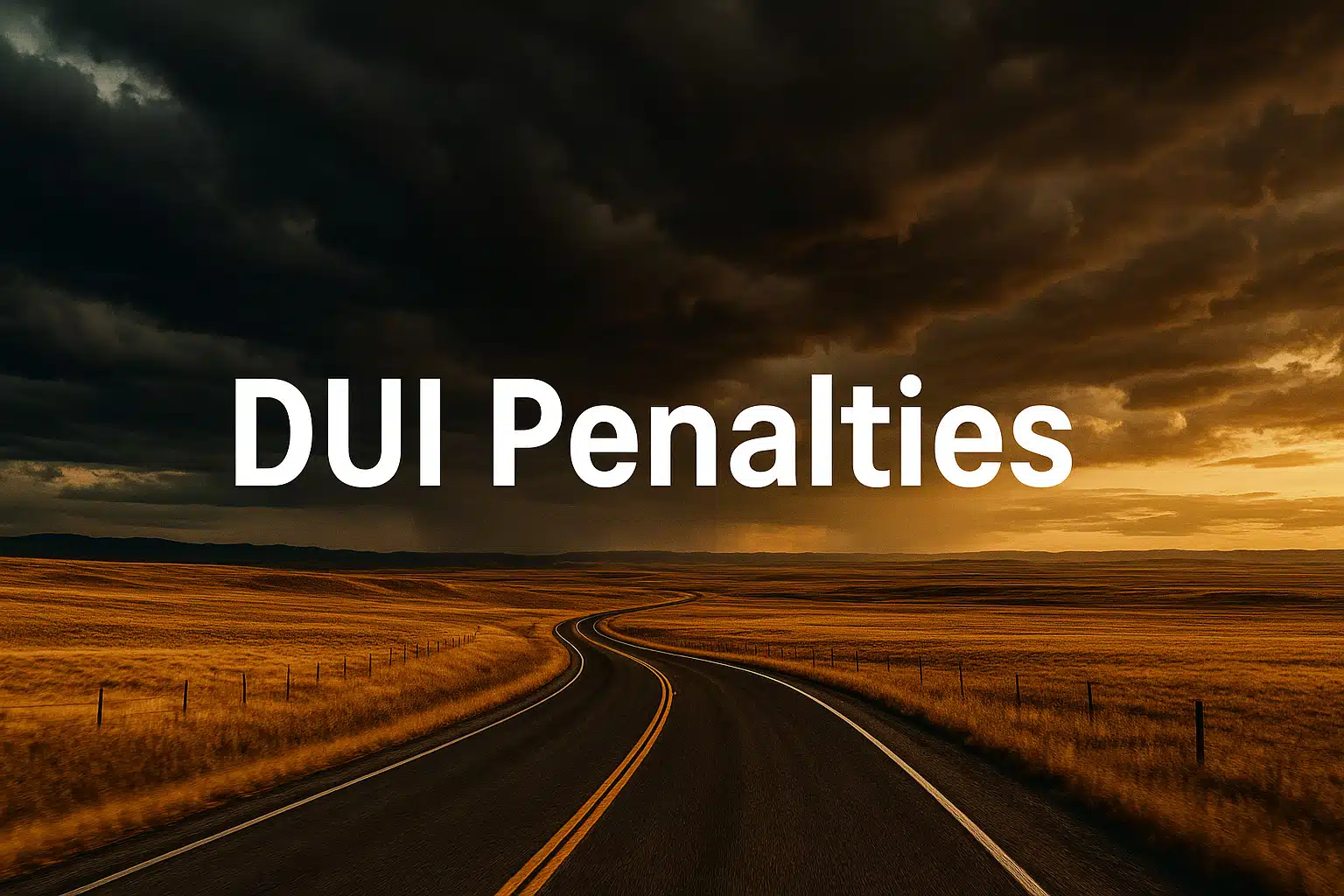Arrested for a DUI but feel that you passed your field sobriety tests (FST)?
As a private DUI defense lawyer in Missoula, MT I can tell you that almost every DUI client I have had has thought that they have “passed” the field sobriety tests the police administered. Unfortunately, they were wrong. All of them. In this post, I’ll explain the three types of FSTs and why they’re designed to make you fail — even if you’re sober.
What Is Field Sobriety Test?
FSTs, as we call them, are nationally recognized drills taught to all law enforcement officers capable of arresting someone for a DUI. These vary from state to state somewhat, but overall, the vast majority of the country uses 3 different drills.
The thing about these drills are that they are not pass-or-fail “tests” like you might think. Instead, I call them drills, because law enforcement is trained to put you into a scenario that is intended to make both sober and intoxicated people show “cues” of possible intoxication. No matter what you do on these drills, you can’t pass them. Similarly, you can’t really fail them – although falling over and being utterly unable to stand on your own feet is pretty close.
Police officers are supposed to judge these three tests and write down any “cues” that vary from their instructions. What are the three field sobriety tests?
The Horizontal Gaze Nystagmus Drill
The first test is called the HGN or Horizontal Gaze Nystagmus drill. Nystagmus is the medical term for a jumping of the eye. The officers move a stimulus (often a pen, or just a finger) around in front of you. The officer is supposed to look for this jumping of the eye during the drill, because alcohol causes Nystagmus. Police don’t tell you that Nystagmus occurs naturally in people for at least 40 different reasons.
The other problem is, the test doesn’t really test amount of alcohol, just the presence of jumping that may or may not be caused by alcohol or drugs. If an officer is truthful, they would tell you that the more alcohol consumed, the greater the Nystagmus or jumping is in the eye. So why is there a drill that looks just for jumping, when police are trying tell the amount of alcohol consumed? These drills are intended to give law enforcement some subjective signs of alcohol intoxication – regardless of how flawed the drill is.
The Walk-and-Turn Drill
A second drill is called the Walk-and-Turn drill. This is also considered a “divided attention” drill. Divided attention means that an officer explains the instructions of the drill to you (usually really fast) and you are supposed to memorize the instructions perfectly AND perform the drill perfectly. The theory is if you are intoxicated you can’t listen, retain, and do the drill.
The problem is probably obvious: Even if you’re sober, it’s really hard to memorize rapid-fire instructions and do them perfectly. Plus, if you ask the officer to repeat the instructions, that’s a possible sign of intoxication. (The game seems rigged, right?)
So what do the cops tell you to do? Imagine this: You’ve just been pulled over and pulled out of your car. Cop lights are blaring overhead. An officer is accusing you of a DUI and asking you to place your right foot in front of your left foot, heel to toe, arms at your sides and hold that position. And that’s not even the actual drill! (Of course, if you break that stance, it’s a cue you’re drunk.)
Photo: Artondra Hall
Then the officer will point to a painted line (or ask you to create an imaginary line), then put one foot in front of the other, walk heel-to-toe, do not step off the line, keep your arms at your sides, and count out loud from one to nine as you take each step. After the ninth step, you’re supposed to pivot around your front foot, take short choppy steps, and then return to taking heel-to-toe steps back to the beginning with a total of nine return steps.
Got it? Do you remember every exact instruction from the beginning without going back for reference? Probably not. If you don’t remember them all, they will probably consider you intoxicated.
The One Leg Stand
The third and usually final drill is referred to as the One Leg Stand. This is another divided attention drill.
After you have walked this line and realize you may be in some trouble, the officer will ask you to do this: Raise one foot (either one) off the ground at least 6 inches. Do not stop, don’t let your foot touch the ground, point the toes of the raised foot toward the ground, keep your arms at your side, keep your eyes on your raised foot, and count out loud from 1 to 30.
Give it a try. If you sway, lose your balance at all, raise your arms at all, hop, put your foot down, mis-count, fall, or do anything other than what was instructed, those are all cues you are drunk. Think it sounds easy? Go on YouTube and search people performing FSTs and see what you think.
Conclusion
The bottom line is, these drills are intended to make anyone look suspicious so an officer can request a breath test.
The drills basically let you know if you have good balance and attention. If the officer is doing her job, she’ll ask you first if you have any physical problems that would prevent you from doing the drills. (Officers are not supposed to perform the drills on someone with balance problems, knee problems, back problems, ankle problems, foot problems, etc.) The problem is that officers rarely explain to the subject the extent of the drills they expect them to do. So how is someone supposed to know if they have a physical condition that may prove problematic as to show “sober balance”?
So the next time someone accused of a DUI tells you that they “passed” the sobriety testing, you can open up a can of knowledge on them and tell them that they simply participated in drills intended to show anyone could be intoxicated. You can also tell them they had the right to refuse to perform the drills, but didn’t. Yeah, you can politely exercise your constitutional rights when an officer asks you to do any of this and say, “No, thank you” — and they can’t force you to do them. That’s what I recommend you do!
If you’ve been charged with a DUI, I can help you, even if you failed the field sobriety tests (as most people do!). Contact or Call me for a free consultation at 406-721-3354 or toll free, 855-853-1482.









